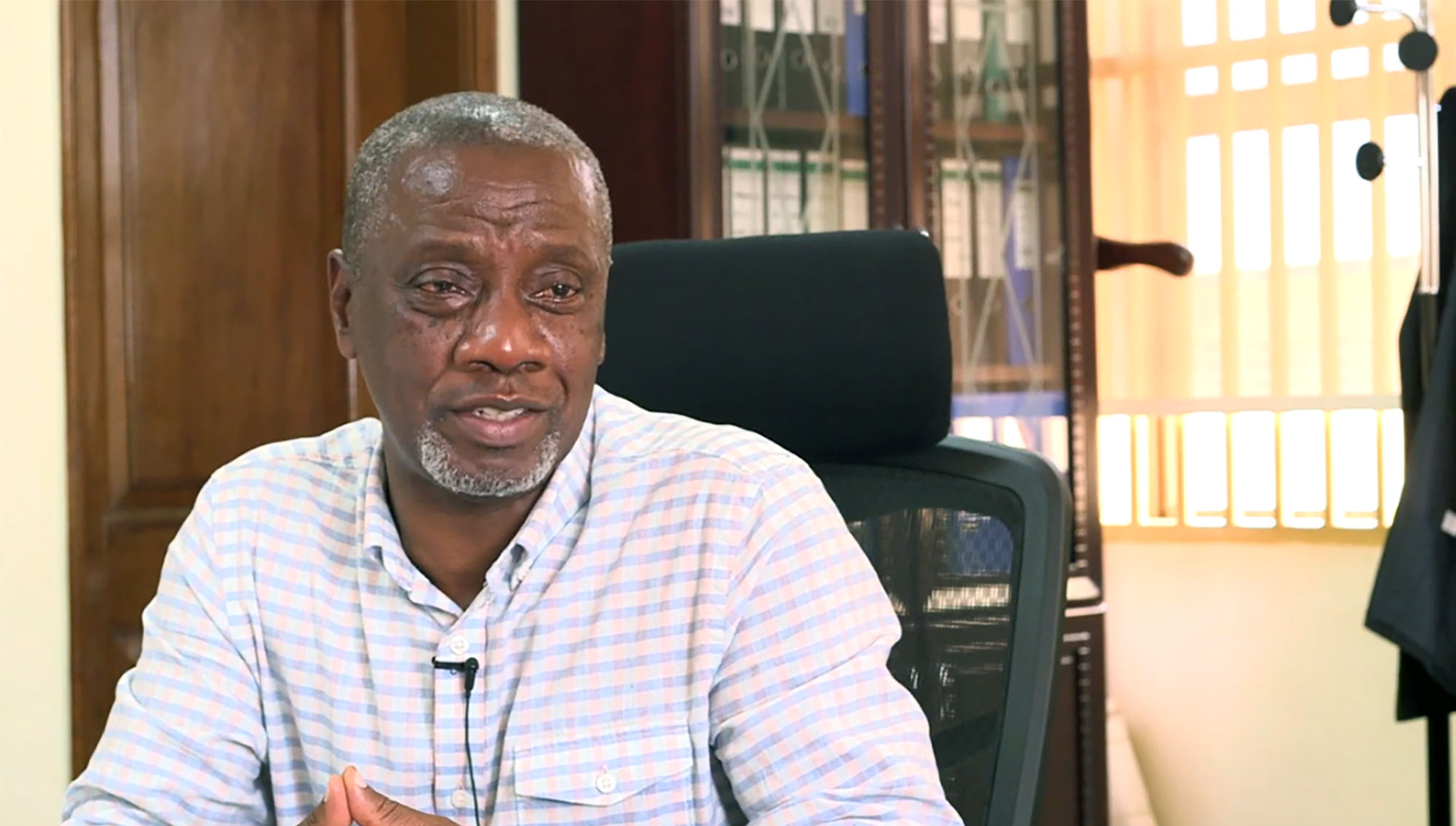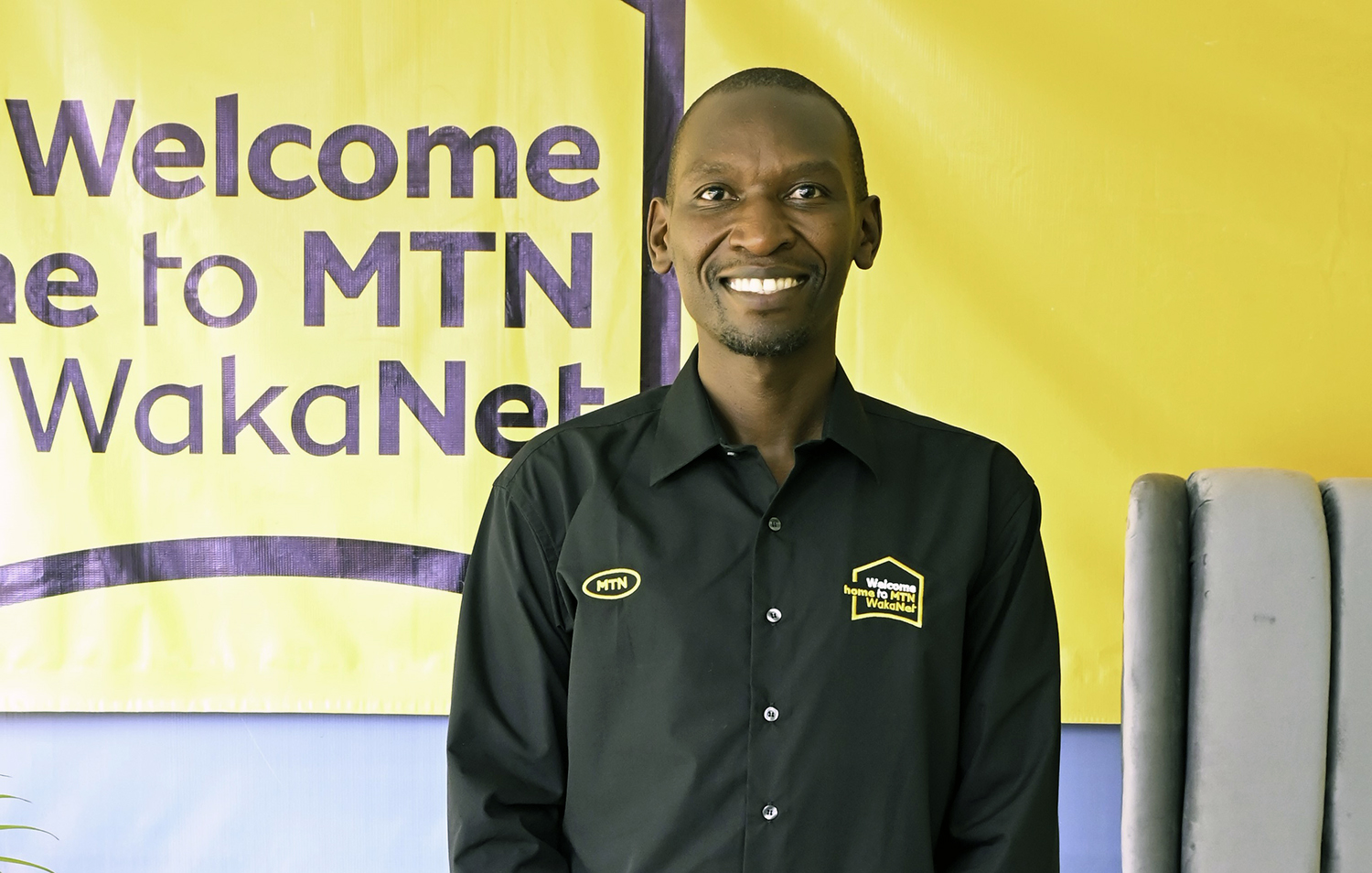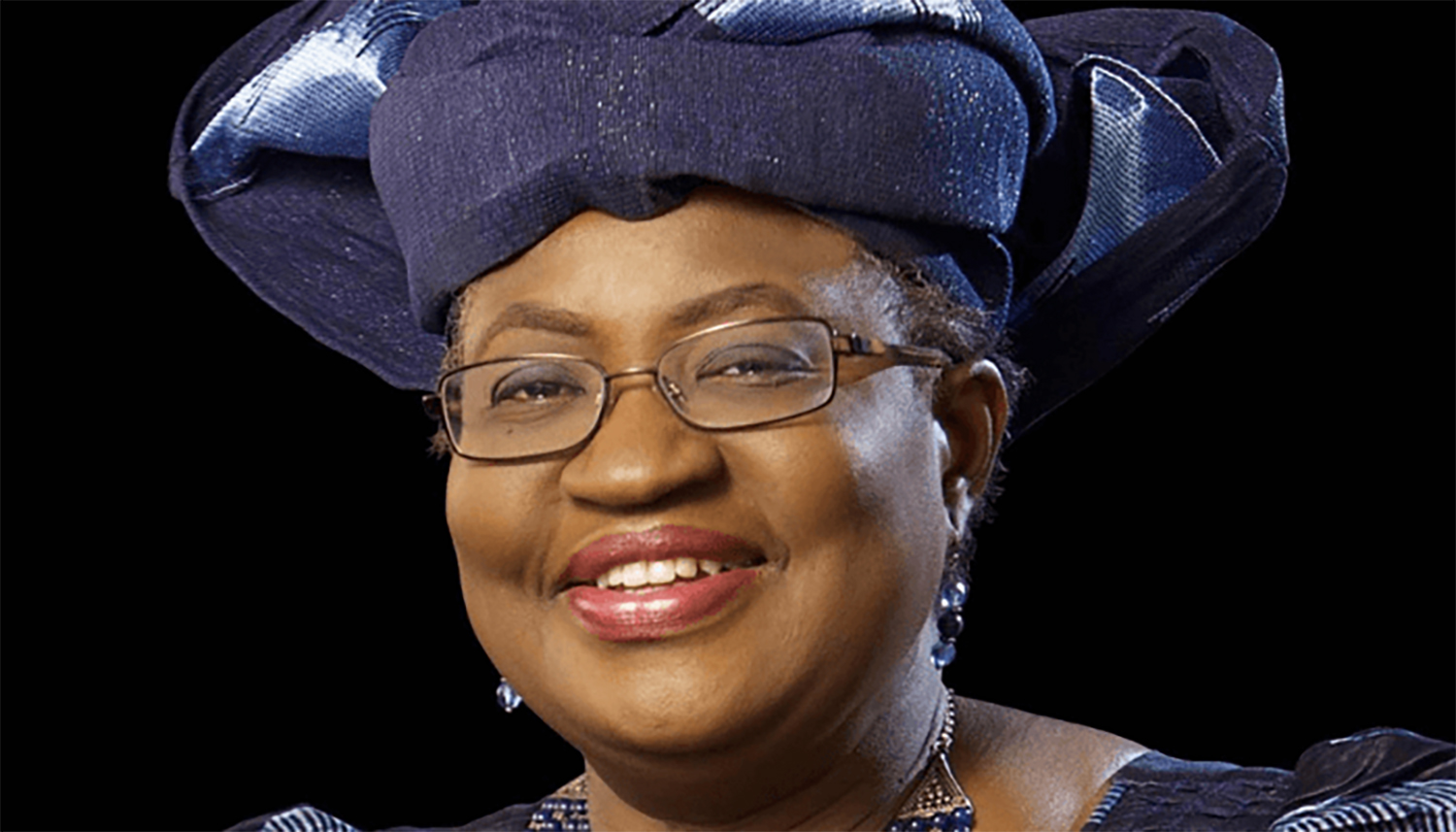MTN hinging ‘unstoppable growth’ on technological innovation - Mlinge

Ms Mlinge says MTN Uganda is investing billions in a programme to scale up the 5G infrastructure and to drive the digitization of the company's services countrywide.
MTN Uganda, a subsidiary of the MTN Group, is pursuing the ambitious vision of ensuring an ‘Unstoppable Uganda.’ Ms Sylvia Mlinge, the MTN Uganda CEO, says the company is earmarking hundreds of billions of Shillings in the Ugandan market to ensure that their vision is achieved.
What was the thinking behind MTN’s ‘Together We’re Unstoppable’ slogan and what impact has it made on the market over the last two years?
We can’t have strong companies in failing communities. Every organization that has been given the license to operate in any society has the responsibility to bring value that can drive the overall positive incomes of that society. Now, as MTN, we believe that everyone deserves the benefits of a modern connected life. In line with that mission statement, our role is to allow customers, the communities, businesses and the country to become the best version of themselves in the realization of their purpose.
MTN’s role is to empower and enable our communities. The ‘Unstoppable Uganda’ that we envision is a country where people are able to leverage on our technologies to drive their progress forward. Our technology is beyond just providing connectivity; it is about connecting customers to their dreams in terms of education, health, etc. At the government level, we’re proud that most of the equipment that were used by UBOS for the National Census last year were powered by MTN network. So basically, we’re helping the government to delivery services to the citizens through our mobile money infrastructure, which enables cash payments or revenue collection, wealth creation, etc.
So, generally, the ‘Together We’re Unstoppable’ call-to-action has been translatable across the board and reflective of the entire spectrum of the stakeholders we work including our own staff. It has worked for us in terms of driving that bigger vision of playing our part in driving an ‘unstoppable Uganda.’
At sector level, we’ve noted a significant decline on the performance of the voice segment vis-à-vis data. What key issues do you see playing out from your perspective as the market leader?
A significant chunk of the population comprises young people under 30 - the so-called ‘digital natives.’ The way members of this group consume information and interact with each other is mainly through digital platforms. Secondly, the general narrative is around cost-optimisation and cost-efficiencies especially in markets that have been impacted negatively by inflation. They are leveraging digital platforms as a key driver of the efforts to reduce costs. Additionally, sectors that are driving economic growth - agriculture, education, etc - are more efficiently delivered through digital transformation.
So, the imperative is on us as an organization to ask how we can reap the dividend of this huge data consumption in order to be in line with the demands of our customers. We are investing in the right infrastructure to offer a world-class network. It’s a huge responsibility and that’s why last year we made a strategic investment towards accelerating our 5G rollout across the country. I recall when I made a business case to my bosses and they were wondering whether Uganda has the capacity to consume all the 5G investment that we’re putting in. I said ‘yes.’ There’s more demand in the data space. We now have over 550 5G sites deployed countrywide with 90% of them in Kampala and greater central region where most of the consumption is located.
We’re investing even more in 2025 – to set up fibre infrastructure to connect homes, businesses and base stations aimed at enhancing customer experience. We’re also working with the digital entrepreneur community aimed at coming with new services on our mobile money plat that should also unlock more value. The data segment is going to accelerate even faster but I don’t think that we are at the stage where we can declare voice dead especially in light of the 50% level of digital penetration in the country, which means that a lot of people are not yet able to use smart phones. I think we have the responsibility to drive smart phone penetration up and everyone knows the initiatives we’re undertaking in that area so there is still an opportunity for us to maximise on the voice segment.
What are MTN’s strategic priorities for 2025 and how do they align with company’s overall vision?
Everything we do is in line with our ‘why’ – the reason we exist. Our ‘why’ – our vision – is: ‘Everyone deserves the benefits of a digital modern connected life.’ That forms our baseline. So, if everybody deserves the benefits of a modern connected life, what does that mean? It means that we must ensure that MTN is where our customers want us in the way they want us.
A university student wants the cheapest rate and the fastest internet speed. She wants WiFi at the campus because it reduces her cost. When online, can she have a stable experience? Is the network fast enough for his gaming activities? Another person probably wants connectivity to fiber for his house or just a hustler’s data bundle. So, whichever way you want to consume MTN services, we want to make you truly unstoppable.
So, the key priority for us is making sure that we become the subconscious number-one choice of every Ugandan. Also, as a participant in this economy, are we making sure that the Government’s priorities - education, health, oil exploration, etc, are our priorities too?
What impact is MTN's API Marketplace 'Chenosis' making on the market?
Launched last year, the platform called ‘Chenosis’ allows entrepreneurs of whatever size and skill to connect to MTN services. It aims to foster innovation and create new opportunities for businesses and developers in Africa. For us, the biggest opportunity that we have is to actually unlock the potential within the technical or technology space by partnering with innovative entrepreneurs - giving them access to our platforms, especially on MTN MOMO. We’re an enabler. We create the network effect, which allows as many people as possible to partner.
‘Chenosis’ has allowed different segments of businesses including small entrepreneurs to be able to interact with us. But also at the same time, I think something else that's also important is around how we are driving digital skilling and digital transformation. So, there's been investment in programs that we’re running with the ICT hubs. We’re making significant investment in digital skilling, not only for our ‘digital natives,’ but even expanding it to go into the rural communities - underserved markets - not only to provide connectivity, but also drive digital literacy aimed at accelerating digital transformation. We’re now partnering with organizations that are also in the same space, whether they are UN-led type of organizations, coming in to help us to bridge the digital divide.
It’s still early days in regard to driving digital progress for Uganda. We have a role to play in establishing, first of all, the connectivity, which is a foundation, but after that, to unlock the true value for the various segments of our customers. It's about a partnership model.
Globally, the discussion is around AI - Artificial Intelligence. Take us through what MTN is doing about leveraging this technology for the benefit of your customers?
Yes, AI is a buzzword across the world. AI allows us to be able to do so much more, so much more efficiently. But for us, technology for the sake of technology is of no value if it cannot deliver incremental gains for our customers and for our businesses. So, using AI, we developed the chatbot – Ziggy – on our Whatsupp platform through which the customer can interact rather than having to call the call center.
We have set digital transformation as one of the key strategic initiatives to drive us this year. There's a lot of work that has been done at group level in terms of driving our AI, strategy, but this is all with the benefit of ensuring that we are able to deliver efficiencies in terms of cost savings through automation?
Be on the lookout for what we will be doing in this space going forward. Regulation is going to be interesting for AI because this is largely an area that I I guess everyone is growing in. But what about the ethics of AI use? AI can also be used in negative ways. So how do we ensure that even as we participate in this space, we're also working with the regulators to ensure compliance with the ethics of AI - protecting the identity of our customers, making sure that their data privacy is also not impacted? So, there are also all those moral concerns around technology and how is it going to be leveraged.
Recently, MTN raised $100m for investment in the Ugandan market. How is that money going to be invested?
The $100m funding is for infrastructure expansion and remember we also have a geographical obligation in terms of providing a service across the country, we shall be working with UCC in order to meet that.
We also want to invest in rolling out our fibre infrastructure. We also want to enhance our backend in terms of driving the digitization of our services. It’s a big investment from the technology perspective. This is to enable us to serve our customers in order to give them the best experience.
Last year, rumors had it that there was going to be a separation of MOMO from the telecom business. What is the update on that process to date?
There is some work that has been done. We’re not quiet because there's no progress though we haven't yet landed on what will be the ideal structure. The reason we’re doing it is because we want to unlock more value in the fintech business. Indeed, when we did the IPO, it was part of the prospectus. We had made that intent clear. But we must do it in a way that protects every investor, especially the minority shareholders. Additionally, we must do it in a way that is reflective of the constraints that we’re operate in, from a regulatory perspective.
So, we've been in consultations with all the stakeholders that will approve the technical aspects of the transaction. We must involve the Bank of Uganda, the Capital Markets Authority, the Uganda Communications Commission and the Uganda Revenue Authority in the conversations.
So, the reason we’ve not spoken about it publicly is because we’re still at the consultative stage. Obviously, a transaction of that magnitude must meet all the regulatory thresholds that have been defined by the various regulatory bodies. The intent, though, still remains but it must be done in a manner that balances all the various stakeholder interests. But it's definitely something that we will eventually bring to the market probably before the end of the year.


































